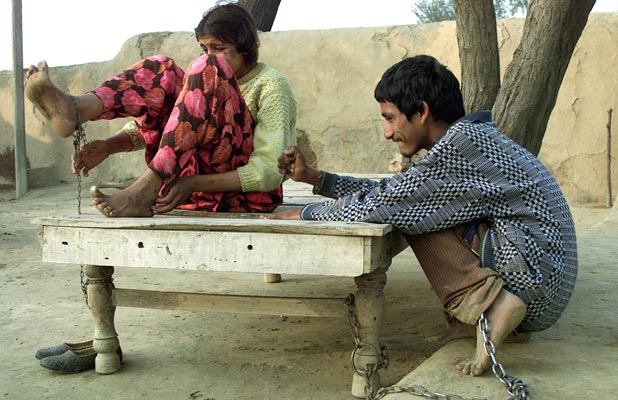Today, that is, October 10 is observed as World Mental Health Day with the object of stressing upon global mental health education and spreading awareness and advocacy against viewing mental illness as a social stigma. It was first observed in the year 1992. This time around the theme of the World Mental Health Day is “Suicide Prevention”. As per the World Health Organisation (WHO), “Every 40 seconds, someone loses their life to suicide.” In fact, it is the predominant cause of death in the age group of 15-29 years.
The theme for the present year, that is, suicide prevention is of special importance to India. It must be noted that India accounts for around 25% of the suicides across the world every year. According to the WHO, more than 2.2 lakh lives are lost in India every due to suicides. The situation is even worse in case of women. As per the data from a 2016 study, suicide among Indian women accounted for 36.6% of all female suicides across the world. Suicide has emerged as the leading cause of death among women and teenage girls within the age group of 15-19 years. The number of suicides has surpassed maternal mortality as the principal cause of death among Indian women and gender neutral deaths taking place due to AIDS. This shows that mental health issues might be a greater public health risk than even those medical issues which have been traditionally seen as the most serious and deadly issues affecting public health.
It is not only the sheer number of suicides which has emerged as a major cause of concern. According to the WHO, 7.5 per cent of the Indian population suffers from some form of mental disorder. Therefore, a sizeable portion of the entire population is suffering from the issue of mental illness. India accounts for 15 per cent of the global mental, neurological and substance abuse disorder burden.
The situation is further aggravated by gap in treatment facilities. Over 70 per cent of those suffering from mental disorder are able to receive treatment. This therefore leaves a large proportion of total mental health patients deprived from treatment. The situation is only going to deteriorate from here and the WHO has predicted that by 2020, 20 per cent of India will suffer from mental illness. The medical infrastructure and human resource is grossly insufficient to deal with this emerging challenge. We have less than 4,000 mental health professionals for looking after crores of patients suffering from mental illness.
It is not only a deficiency in medical infrastructure and lack of mental health professionals that makes mental illness a major challenge. The social stigma surrounding mental health is a big issue too. In fact, it inhibits any attempt to spread awareness about this issue and setting up adequate infrastructure in order to tackle what can be described as almost a public health crisis. The society tends to look down upon those suffering from mental illness. Due to this reasons coupled with lack of awareness, those suffering from mental health issues tend to either ignore their ordeal or remain silent about it. Many a time, it can turn out to be fatal. In fact, according to the National Crime Records Bureau 2015 Report, 1280 out of the 3800 illness related suicides occurred on account of some kind of mental illness.
Our society has grown really conscious about physical health and ailments in the recent past. However, we have failed to accept that mental health is also a part of general human health just like physical health. Both these aspects of human health deserve equal attention.
Family, society and the government need to make a collective effort and highlight that there is nothing wrong about looking for medical help if someone suffers from depression or other mental health related illness. There is nothing unusual about it and is as normal as consulting a physician. The society doesn’t have the right to look down upon such a person and in fact, it is the duty of the society to come out in aid of such an individual.
Efforts are being made to tackle this issue such as training of government teachers to take up the role of psychological counsellors or the Tamil Nadu government’s initiative to approach the National Institute of Mental Health and Neuro-Sciences (NIMHANS) for its services in order to combat the issue of rising number of suicides among the state’s police officers. The National Mental Health Programme (NMHP). The Mental Health Care Act was passed in 2017. The Act seeks to provide for mental healthcare and services to persons dealing with mental illness. It also seeks to “protect, promote and fulfill the rights of such persons during delivery of mental healthcare.” However, a lot still remains to be done in terms of establishing appropriate infrastructure, reaching out to the patients and most importantly dismantling the social taboo attached to mental illness and treatment that inhibits treatment of mental health issues.
